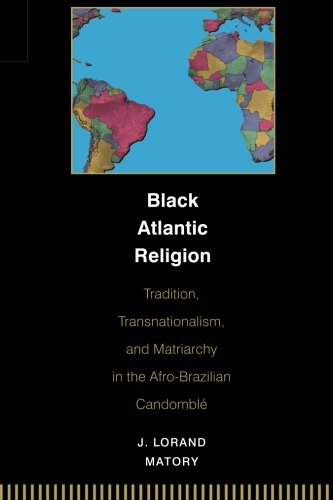
1
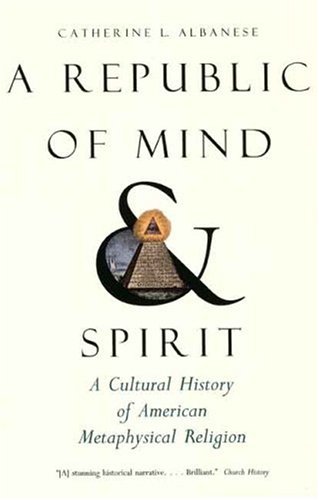
2
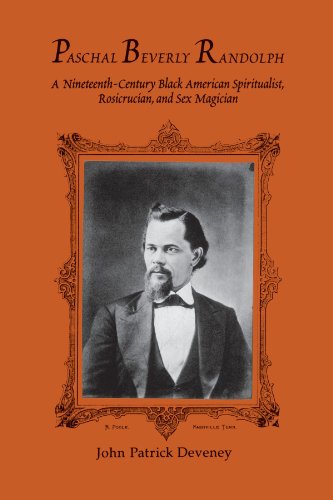
3
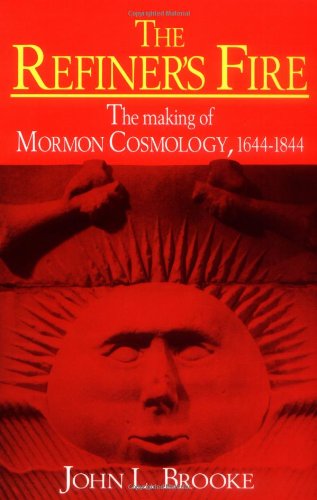
4
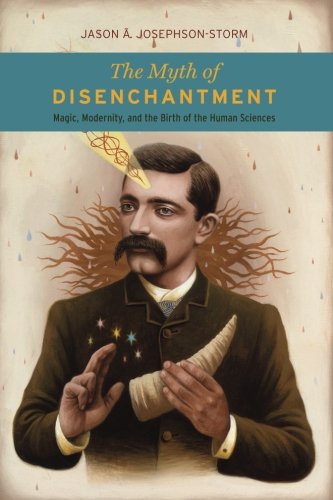
5
These were books I read in grad school that helped me understand U.S. religions that emphasize the mind, combine elements of multiple traditions, and/or don’t fit into simple “denominational” boxes. There is a vast literature on these religions. The books here will get you started!
1
Matory talks about the influx of Yoruba traditions from West Africa, and how imported beliefs evolved into traditions like Candomble, Vodun, and Santeria. His big idea? African religions aren't static. They change. You'd be surprised how many authors over the centuries have falsely claimed that "Africa" is unchanging.
2
Albanese weaves together a vast web of religions in the Americas. She defines "metaphysical religion" as a category of religions emphasizing the use of the mind to interact with and affect the supernatural world. Freemasonry, alchemy, the study of obscure texts by "Hermes Trismegistus" and "Christian Rosenkreuz," Mormonism, New Thought, Spiritualism, Theosophy, UFOs, Shirley Maclaine and her past lives — they're all in here.
3
This mammoth book provides an uproarious and thorough biography of the black esotericist and Rosicrucian Paschal Beverly Randolph. Randolph's ideas about sexuality, magic, and the use of marijuana to fuel religious experiences round out the history of occultism in America. Best read in tandem with Albanese's "Republic"!
4
Terrific history of the interplay between Mormonism, folk magic, and hermetic traditions. I recommend pairing this with D. Michael Quinn's "Early Mormonism and the Magic World View."
5
Josephson-Storm shows how religious scholars of the 1800s–early 1900s thought they were being scientific, but still built Christian assumptions into their research, and also were deeply interested in the occult. Thus, the world wasn't disenchanted in the "modern" age, as much as scholars claimed it was!

1
Matory talks about the influx of Yoruba traditions from West Africa, and how imported beliefs evolved into traditions like Candomble, Vodun, and Santeria. His big idea? African religions aren't static. They change. You'd be surprised how many authors over the centuries have falsely claimed that "Africa" is unchanging.

2
Albanese weaves together a vast web of religions in the Americas. She defines "metaphysical religion" as a category of religions emphasizing the use of the mind to interact with and affect the supernatural world. Freemasonry, alchemy, the study of obscure texts by "Hermes Trismegistus" and "Christian Rosenkreuz," Mormonism, New Thought, Spiritualism, Theosophy, UFOs, Shirley Maclaine and her past lives — they're all in here.

3
This mammoth book provides an uproarious and thorough biography of the black esotericist and Rosicrucian Paschal Beverly Randolph. Randolph's ideas about sexuality, magic, and the use of marijuana to fuel religious experiences round out the history of occultism in America. Best read in tandem with Albanese's "Republic"!

4
Terrific history of the interplay between Mormonism, folk magic, and hermetic traditions. I recommend pairing this with D. Michael Quinn's "Early Mormonism and the Magic World View."

5
Josephson-Storm shows how religious scholars of the 1800s–early 1900s thought they were being scientific, but still built Christian assumptions into their research, and also were deeply interested in the occult. Thus, the world wasn't disenchanted in the "modern" age, as much as scholars claimed it was!
© Five Books 2026